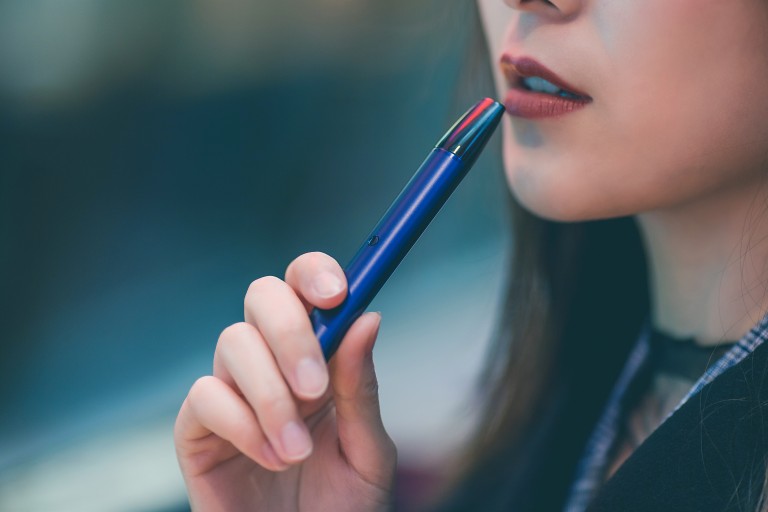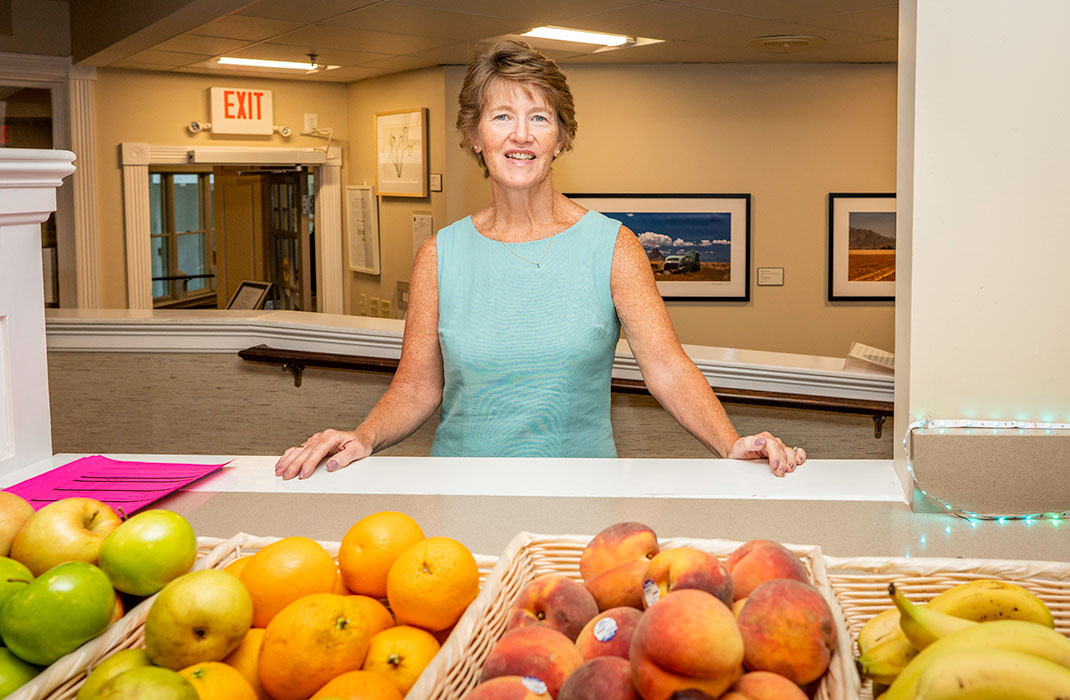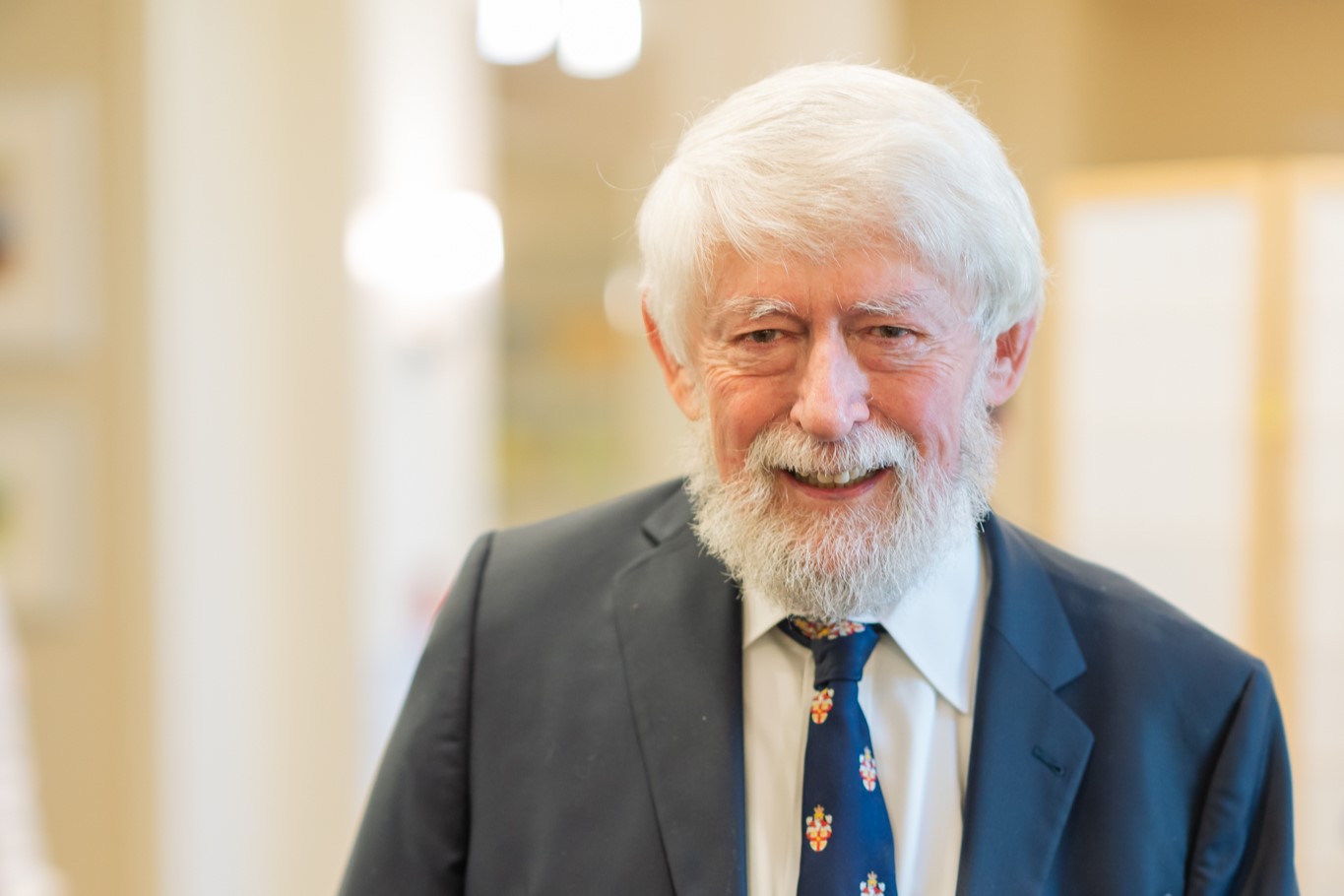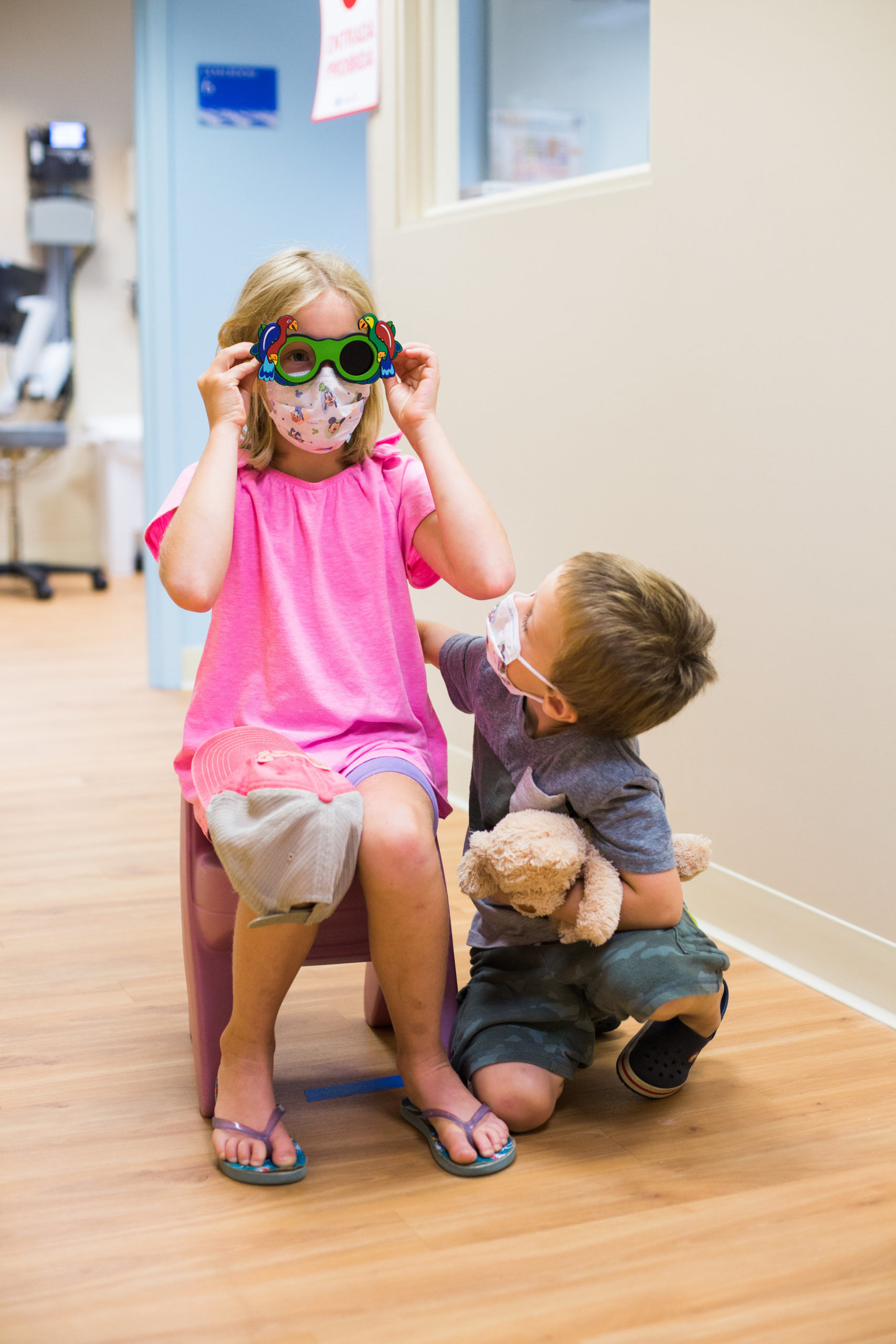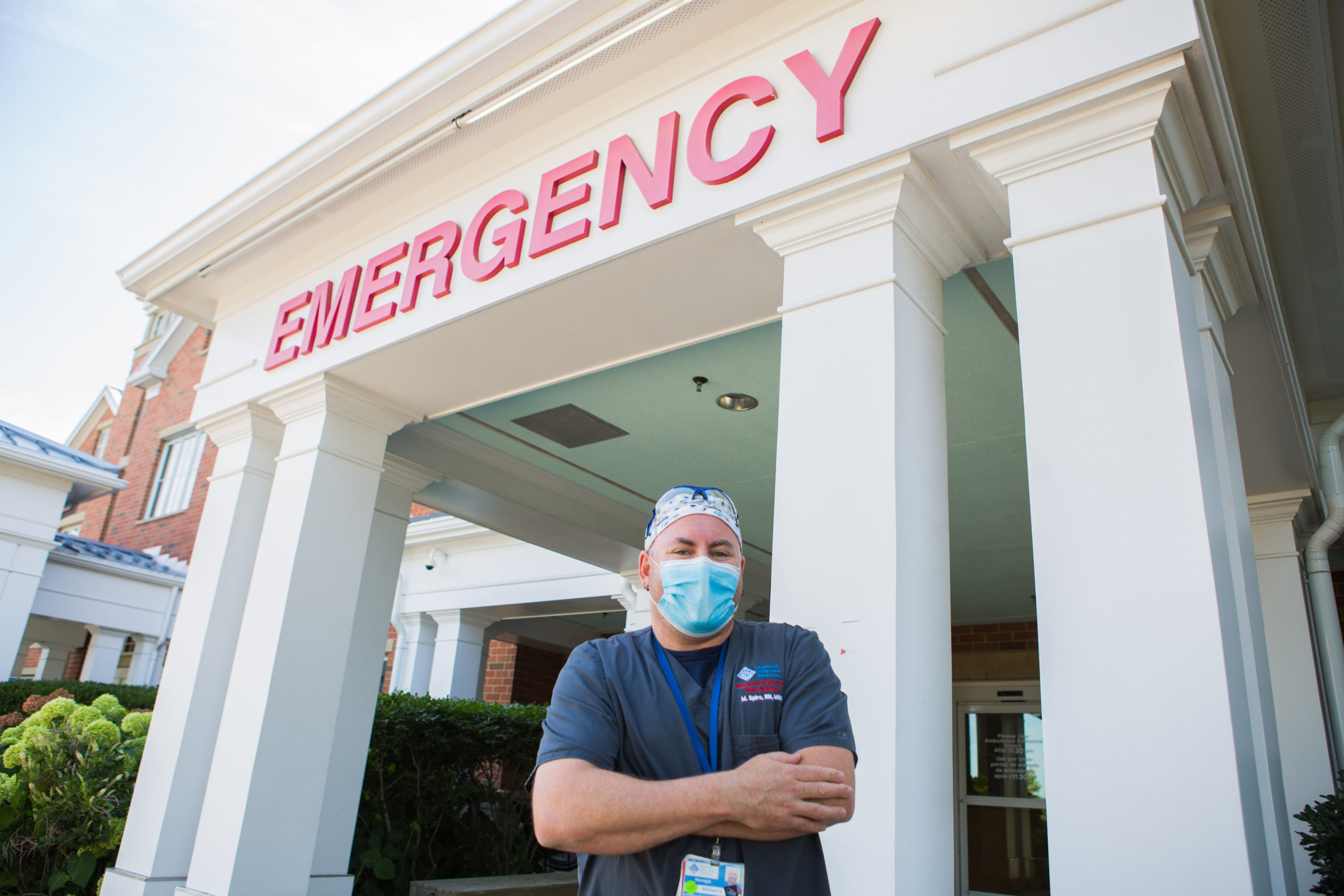According to the M.V. Youth Task Force (MVYTF), over half of Martha’s Vineyard high school students have tried vaping, and the figures increase every year. Theresa Manning of the MVYTF stated, “This whole thing happened so quickly, but no one thinks vaping is not a big deal.”
Vaping is the act of inhaling vapor made from liquid that is heated in an electronic device or an electronic cigarette (e-cigarette). Manning said that these products use vape pods, which can contain the nicotine equivalent of about a pack of cigarettes. Vape products can also contain CBD or THC, derivatives of marijuana. “Anything that can be made into a liquid can be vaporized,” Jamie Vanderhoop, program coordinator of MVYTF, said. Many teens buy vape products for the flavors marketed to their age group — like flavor imitations of Sour Patch Kids, Cinnamon Toast Crunch, or Jolly Ranchers — without realizing that they contain harmful ingredients.
“Nicotine is extremely addictive,” Dr. Melanie Miller, pediatrician at Martha’s Vineyard Hospital, said. Dr. Miller added, “Vaping can damage lungs, cause heart disease, and affect the brain. In some cases, it can result in death. There have been three deaths reported in Massachusetts alone.”
These cases are being designated “e-cigarette, vaping product use-associated lung injury” or EVALI. According to the CDC, over 2,000 people nationwide have been hospitalized for EVALI, and as of Dec. 10, 52 people have died.
Most EVALI patients have reported use of THC products, specifically. While many substances are being looked at for contributing to the lung injuries, vitamin E acetate, an additive and thickening agent, appears to be a contributor. In addition, 11 different metals, some carcinogens, have been linked to vaping products. These can pose serious health risks to users when inhaled.
Even though Massachusetts has banned the sale of all flavored tobacco products, including vapes, “access is not a problem,” Manning said. “While kids may not be able to legally buy e-cigarettes in stores, they can buy them online, and most of what they’re buying is unregulated.”
Sheryl Taylor, health education and wellness coordinator of the Martha’s Vineyard Public Schools, said, “The schools have developed a multi-level response to include education/prevention, discipline, and mental health support.” Recovery coaches are currently available to work with high school students coping with addiction. Taylor adds that if parents have concerns, they can contact their child’s guidance counselor or pediatrician.
Vanderhoop also suggested that parents join the Parents’ Network that MVYTF is starting. “Parents are starting to host dinners with other parents and children, sharing information and helping each other.”
And last year, MVRHS students produced a PSA video called “Don’t Vape to Escape” that was distributed to the school community electronically, and also aired before films at the M.V. Film Center. Stopping teenage vaping is a community effort.

